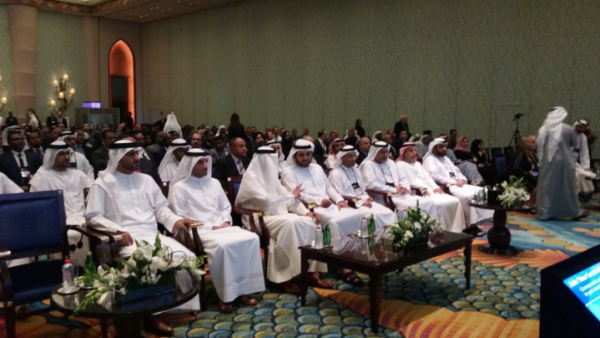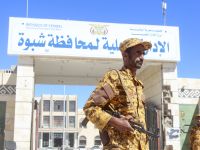The incidence of fraud goes up substantially during the period of a slowdown, or recession, Hamed Kazim, senior advisor to the government of Dubai, told an industry gathering on Sunday, quoting a study done in 2014.
Shaikh Maktoum Bin Mohammad Bin Rashid Al Maktoum, the Deputy Ruler of Dubai and the Chairman of Financial Audit Department, opened the first Association of Certified Fraud Examiners (ACFE) Middle East Fraud Conference, which was attended by more than 300 anti-fraud professionals.
“In 2014, a study revealed that the incidence of fraud goes up substantially during economic recession and slowdown [anywhere in the world],” said Kazim, who is also the chief executive of HK Consulting and a board member at a number of banks. As employees get laid off, in a scenario of a slowdown, they will look for “quick gains”, due to economic concerns.
According to ACFE, the potential global fraud loss is pegged at $3.7 trillion (Dh13 trillion), and an estimated 5 per cent of revenue is what a typical organisation loses annually due to fraud.
Quoting a study done at one of the firms after six months of study, Kazim said, about 70 per cent of the frauds were committed by “people whom they should not have hired in the first place.” So the company introduced steps for more scrutiny for entry level employees regarding their competencies, background checks, references, etc., and define critical positions. There should be a culture of awareness in the organisation, he added.
Also during slowdown “there is closer scrutiny from the governments as they become much aware of the controls and necessary constraints at the time of rationalisation of budgets etc,” Kazim said.








